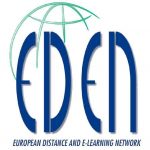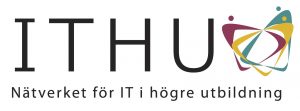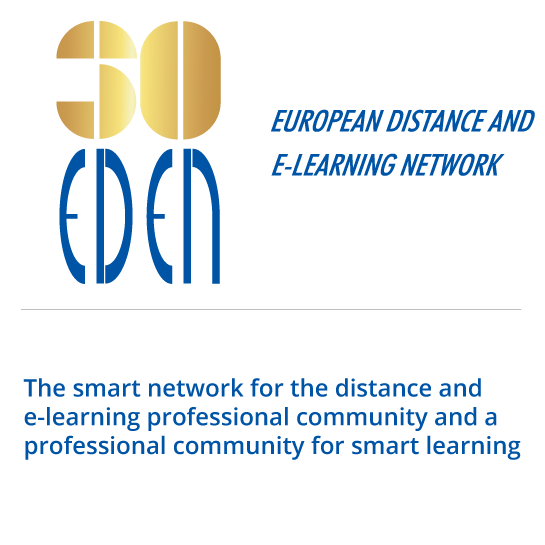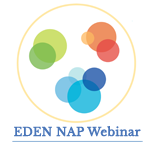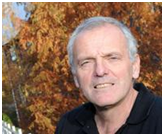When: Wednesday 19 April, 15.00-16.00 CET
Where: Online via Adobe Connect (link to the meeting room will be sent to all registered participants 1-2 days before the webinar)
Webinar recording available here
Refugees face legal, linguistic, cultural, institutional and financial barriers to enter higher education. Furthermore, traditional universities can only offer places to a certain number of students, with funded places even rarer, and seldom have the capacity to cope with large numbers of refugees in a short time. The lengthy process of seeking asylum is lost time for most refugees. Utilizing MOOCs to support refugees in entering HE or employment market is a strategy to currently being explored by various initiatives in line with ECs communication 2013 “wider use of new technology and open educational resources can contribute to alleviating costs for educational institutions and for students, especially among disadvantaged groups”
The current Erasmus+ project MOONLITE (Massive Open Online courses eNhancing LInguistic and Transversal skills for social inclusion and Employability) aims to address the question of how open education, in particular MOOCs, can offer viable solutions for refugees and contribute to better integration and improved employment prospects.
You will meet
John Traxler
Research Professor of Digital Learning in the Institute of Education at the University of Wolverhampton UK. He is one of the pioneers of mobile learning and has been associated with mobile learning projects since 2001. He has worked with UNRWA for the Palestinian refugee community and with Palestinian and Jordanian universities.
Jennifer Contreras
 Project Coordinator for Validation of Competency for Asylum Seekers and Refugees at the Department of Computer Science in Linnaeus University. She has been teaching information Technology/Computer Science subjects for 15 years in Asia and North Africa.
Project Coordinator for Validation of Competency for Asylum Seekers and Refugees at the Department of Computer Science in Linnaeus University. She has been teaching information Technology/Computer Science subjects for 15 years in Asia and North Africa.
Blogs: http://onl2015.blogspot.se/ and https://medium.com/@jen.almarasy
Paula Morais
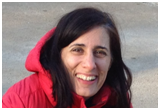 Distance Education Expert for LASER Project, led by British Council and financed by the EU, aiming to engage Syrian refugees on online accredited courses and MOOCs, in Jordan and Lebanon. She has been working as an international consultant, advisor, lecturer and researcher on openness, distance education and blockchain in Africa, Middle East, Caribbean, for EU, UNDP, World Wide Web Foundation. Blog: https://theoerworld.wordpress.com/ . Currently researching on application of Human Centered Design to humanitarian crisis: https://pmorais66.wixsite.com/climbingdoors
Distance Education Expert for LASER Project, led by British Council and financed by the EU, aiming to engage Syrian refugees on online accredited courses and MOOCs, in Jordan and Lebanon. She has been working as an international consultant, advisor, lecturer and researcher on openness, distance education and blockchain in Africa, Middle East, Caribbean, for EU, UNDP, World Wide Web Foundation. Blog: https://theoerworld.wordpress.com/ . Currently researching on application of Human Centered Design to humanitarian crisis: https://pmorais66.wixsite.com/climbingdoors
Moderator: Alastair Creelman
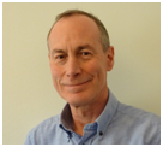 E-learning specialist at Linnaeus University, Kalmar, Sweden. He is involved in several national and international projects and organisations in the field of e-learning, including the MOONLITE project.
E-learning specialist at Linnaeus University, Kalmar, Sweden. He is involved in several national and international projects and organisations in the field of e-learning, including the MOONLITE project.
Twitter: @alacre
Blog: Corridor of uncertainty – reflections on technology and education
This webinar is organised by the Erasmus+ project MOONLITE, NVL Distans (Nordic Network for Adult Education), EDEN (European Distance and E-learning Network) and the Swedish Network for IT in Higher Education (ITHU).


